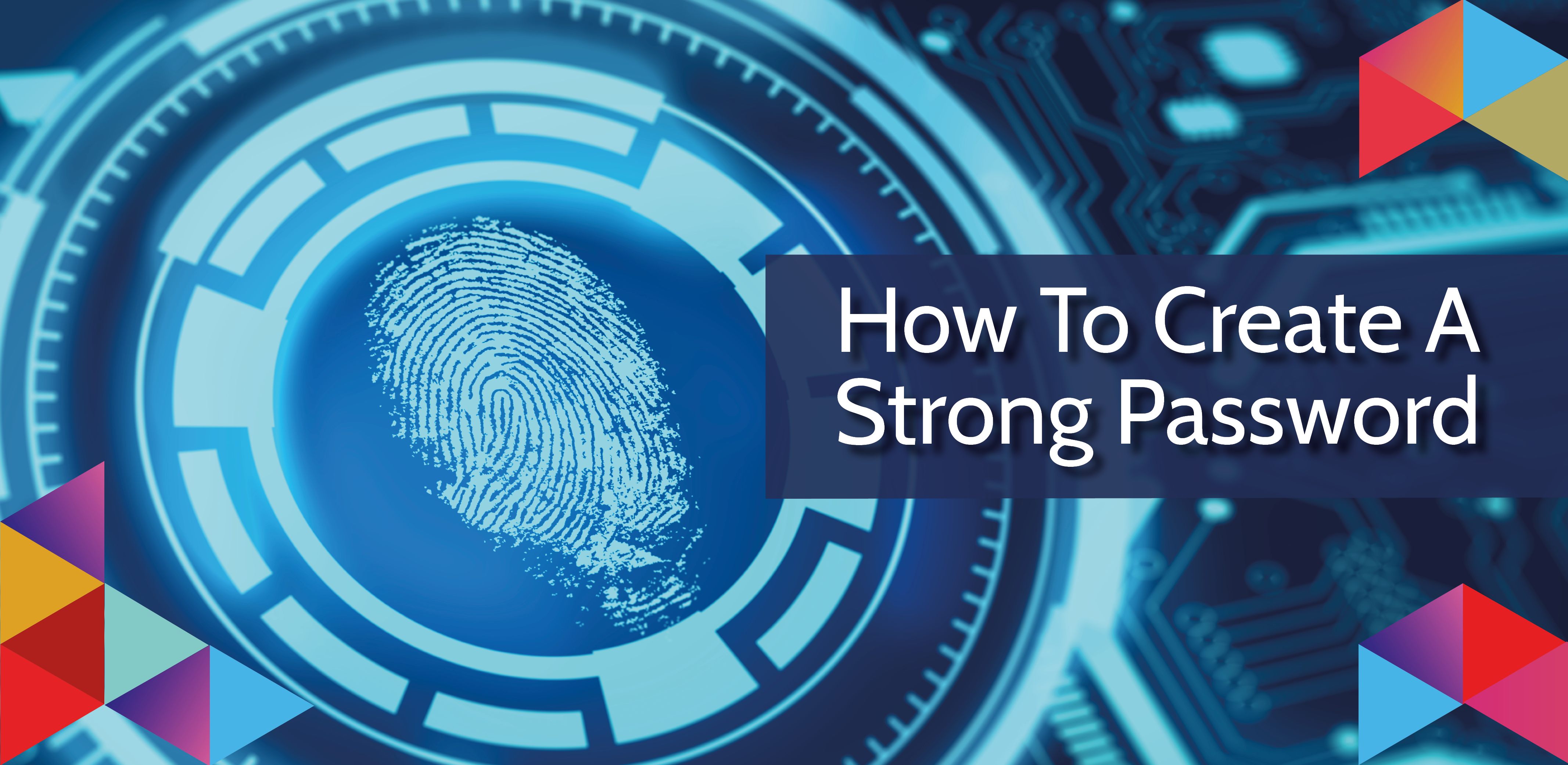Often the biggest weakness in a business’s cyber security defence strategy is as simple as weak passwords. A strong password can help boost your cyber security measures.
Once compromised this can provide a direct route into your accounts departments or company systems.
This is undetectable and could be potentially business critical and costly. Implementing a strong password policy in your workplace is not only simple but can help ensure an extra layer of security.
Here are some of the measures we suggest you take when creating a password:
12 Characters Long
Any password should be at least 12 characters long if not longer. This increases the complexity of the password meaning it should be harder to guess.
Unique, none personal words
Your password should not contain anything personal/unique to you as this may make it easier for someone to guess your password. A combination of unrelated phrases or words will help to strengthen your password.
Using a mixture of lowercase letters, uppercase letters, punctuation, symbols and numbers
Using a variety of different characters and symbols will help improve the complexity of your passwords.
Unique password for each account
It’s a good idea to have multiple passwords for different accounts/platforms. These can be completely different or variations of each other. If a password is compromised only one of the accounts is breached.
Acronyms
Acronyms can be a memorable way to create a complex password. Picking a phrase like Once Upon A Time could be abbreviated to OUAT making a memorable code. This is usually harder to crack.
You can use spaces
Using a space in your password can help to make a traditional password slightly more complex. Not all accounts will allow passwords to have spaces so is normally overlooked.
Use 2-factor authentication
Utilising 2-factor authentication (2fa) adds an additional level to your password. This will prompt the user to authenticate the login through an additional code or authentication. This means that even if the password is correct they still need to go through an extra layer of security to gain access.
Avoid saving your password
Avoid storing your password anywhere, whether that’s online or physically written down.
Never send your password
Sharing your password online can pose a risk as this means your password is stored online. If this is unavoidable then making sure the password has been cleared on both ends is a good way to cover this.
Whilst no password is perfect, using the above measures will help to reduce the likelihood of a hacker compromising your password.
If you would like to find out more about what we do then head to our website!
Alternatively, if you’d like to speak to a member of our team about what we can offer then give us a call on 0161 464 6101 or email us at hello@datacentreplus.co.uk


